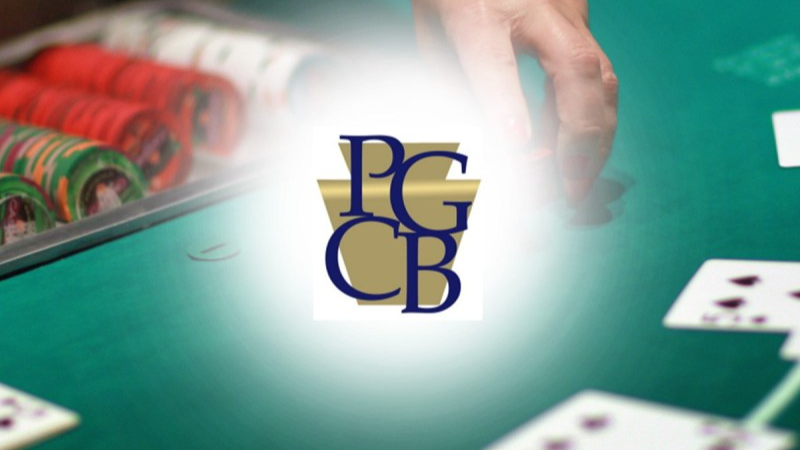When it comes to offering online gambling services in a legal market within the United States, operators must adhere to strict industry standards. An operator only receives licensing after an application process and once approved, must continue to provide a safe and secure gambling environment. If an operator fails to do so, violating any regulations, the company then faces a fine or other punishment. This week, the Pennsylvania Gaming Control Board made public that four fines were issued in the state, involving three license holders.
$284,000 in Fines Issued
A total of three operators were fined for breaking industry regulations. Penn National Gaming was fined $120,000 in total, spread across two fines. Its Hollywood Casino was first fined $70,000 for allowing a customer who was self-excluded to gamble.
The individual ended up gambling and become intoxicated on-site. The player then headed out to the parking lot and damaged several vehicles due to his condition. Penn National was then fined an additional $50,000 for actions involving two employees that are no longer working with the company.
The individuals were found to have willing funneled payments to service providers so the operators would make inaccurate disclosures to the Gaming Control Board. This act resulted in the operators paying lower licensing fee.
Boyd Gaming Corporation was fined $150,000 for failing to provide information regarding a key employee suitability. As the operator of the Valley Forge, the casino company was also fined $14,000 for allowing an individual that is underage to gamble.
Fantasy Sports Games was hit with a $7,500 fine after it was found offering fantasy sports betting options without a license.
The Gaming Control Board also issued sanctions against license holders that did not require a financial penalty. The SugarHouse HSP Gaming subsidiary of Rush Street Gaming was told they must add more security and surveillance options due to incidents involving children.
A two year old and four year old were found unattended in the casino’s parking lot. The regulator wants the operator to put more measures in place to ensure that something like this does not happen again.
Smaller facility Snow Shoe Travel Plaza was told to give up two video gaming terminal licenses and fire two employees after licensing requirements were not met.
Common Issues
In general, there are two common areas in which operators are forced to pay fines; allowing underage people to play games or drink and allowing self-excluded players to have access to the casino floor. Both issues are major concerns, for different reasons.
Most casinos require patrons to be 21 years of age or older to take part in gaming. Young people should not be able to sneak on to the gaming floor with a fake ID or other means. The same goes for self-excluded players. The individuals responsible for checking ID requirements need to be trained on how to spot the under 21 crowd as well as check for a self-excluded person.
By keeping such protocols and rules in check, employees can help casinos continue to operate based on the rules and regulations set for in the state. It also helps keep people safe from gambling when they are not supposed to due to age restrictions or self-exclusion.




